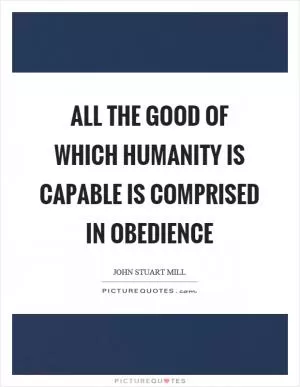There is always hope when people are forced to listen to both sides

There is always hope when people are forced to listen to both sides
John Stuart Mill, a prominent philosopher and political economist of the 19th century, believed strongly in the importance of hearing and considering all perspectives in order to arrive at the truth. He argued that when individuals are forced to listen to both sides of an argument, there is always hope for progress and understanding.Mill's famous work, "On Liberty," emphasizes the value of free speech and open debate as essential components of a healthy society. He believed that by allowing all viewpoints to be heard, individuals could engage in rational discourse and come to a more informed and nuanced understanding of complex issues. In this way, he argued, the clash of ideas could lead to the discovery of new truths and the improvement of society as a whole.
When people are forced to listen to both sides of an argument, they are challenged to critically evaluate their own beliefs and assumptions. This process of intellectual engagement can lead to greater empathy, tolerance, and respect for differing opinions. By exposing individuals to a diversity of perspectives, they are more likely to develop a more comprehensive and well-rounded understanding of the world around them.
Furthermore, Mill believed that the free exchange of ideas was essential for the advancement of knowledge and the progress of society. By allowing all voices to be heard, individuals have the opportunity to learn from one another and expand their own intellectual horizons. This process of intellectual growth and development is crucial for the flourishing of a democratic society.












 Friendship Quotes
Friendship Quotes Love Quotes
Love Quotes Life Quotes
Life Quotes Funny Quotes
Funny Quotes Motivational Quotes
Motivational Quotes Inspirational Quotes
Inspirational Quotes